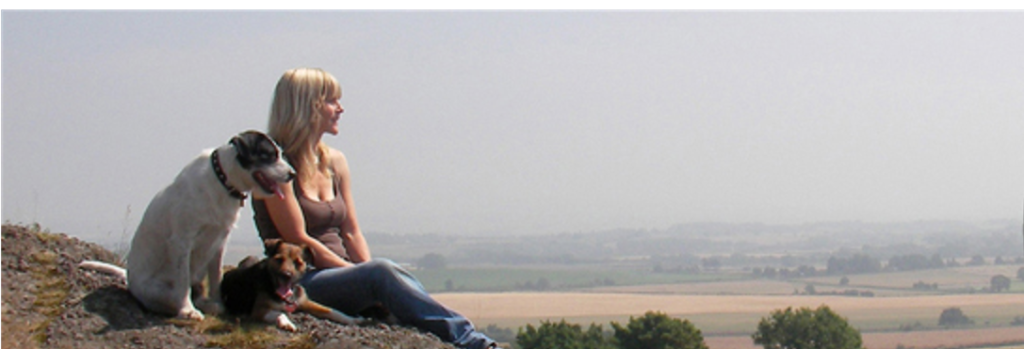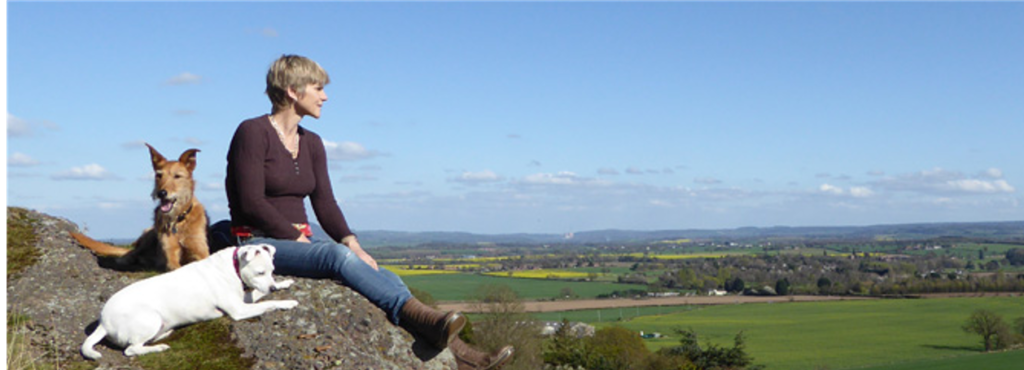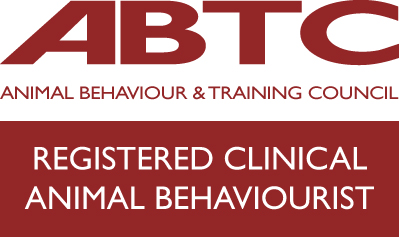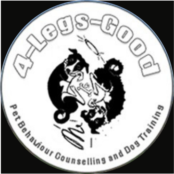About me - Claire Kirby



Having been controlled and manipulated by a larger than life Collie-X for 12 years, I decided that enough was enough. I took the plunge and studied for an Advanced Study Diploma in Companion Animal Behaviour Counselling (AS/Dip CABC) at Southampton University. After graduating in 2004 I set up in business. 4 Legs Good originally started out with dog walking, training classes and one2one training to enable me to gain more practical experience.
Once I gained full membership of the Association of Pet Behaviour Counsellors in 2007 (http://www.apbc.org.uk), I started practicing as a Clinical Animal Behaviourist (CAB) and I have been seeing clients and their pets with problems on veterinary referral ever since.
In conjunction with a colleague, I also developed and delivered the ‘pet behaviour’ modules on the Animal Welfare and Behaviour BSc at Harper Adams University (www.harper-adams.ac.uk), from 2013 until 2018.
I served on the APBC committee from 2015-2019 supporting in the development and regulation of the industry, to better promote the welfare of pets and their owners. Although I am no longer active at committee level within the industry, in response to the shortage on qualified professionals, I actively help up and coming behaviourists with mentoring and in gaining practical experience. In addition, over the years I have developed video and written resources which I am just making available to help other behaviourists and trainers.
I also write. As someone who cares for the environment, I have been thinking long and hard about the environmental impacts of our pets and how this conflicts with how important pets are for our emotional wellbeing. This has prompted the ‘green dog blog’ where I explore these issues. The ‘green dog blog’ aims to help people and their pets learn how to do less harm and more good in these critical times.
I regularly attend workshops and seminars to keep up to date with new developments in the field and live with two dogs, a cat and several guinea pigs (as well as my human family) in Shrewsbury, Shropshire.
Qualifications
Animal behaviour is misunderstood by much of the population, including many practicing professionals. Behaviour problems cause more pets to be put to sleep than heart problems, infections and cancer combined! In addition, keeping a dog is a potential minefield with serious legal consequences when it goes wrong. Despite this, the training and behaviour professions are unregulated with anyone able to practice as a behaviourist!
As you can see there is a real need for regulation to ensure that only qualified people are able to practice. We have been ‘self-regulating’ within the profession for some time and the standard of qualification for a Clinical Animal Behaviourist (or CAB) is very high. Trainees need a relevant degree, there is an experiential requirement and the requirement to observe qualified professionals consulting and for on-going supervision.
Behaviourists and trainee behaviourists tend to belong to a membership organisation for support and to get qualified. If the membership application route for the organisation is up to the high standards of the Animal Behaviour and Training Council (www.abtcouncil.org.uk), then the organisations and the members they represent appear on the ABTC register at ‘clinical animal behaviourist’ (CAB) level for the public to find. I am a full member of the APBC (apbc.org.uk) and FABC (fabclinicians.org), both of which organisations are members of the ABTC and members of both organisations appear on the ABTC register.
The ABTC is currently in talks with The Royal College of Veterinary Surgeons or RCVS (www.rcvs.org.uk) and we are hopeful within the profession that regulation by the veterinary college will take place over the next year or so. Vets will then only able to recommend qualified individuals listed on the ABTC register. As you can see, this should improve welfare of both pets and their owners.

